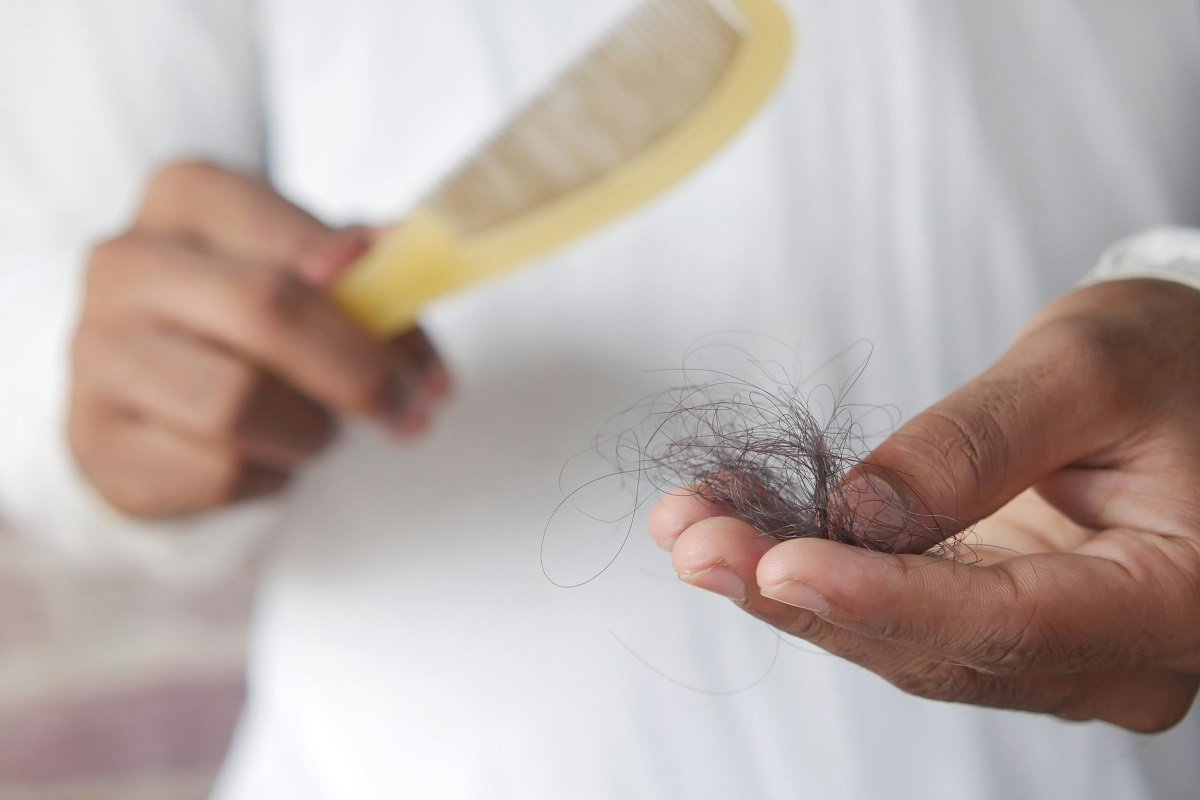Managing Cancer-Related Hair Loss with Homeopathic Remedies

Hair loss is a common and distressing side effect of cancer treatments such as chemotherapy and radiation. While it is often temporary, the emotional impact can be significant for many patients. Homeopathy offers a holistic and individualized approach to support patients experiencing hair loss during and after cancer treatment.
Understanding Cancer-Related Hair Loss
Cancer-related hair loss, also known as chemotherapy-induced alopecia or radiotherapy-induced alopecia, occurs because these treatments target rapidly dividing cells. Unfortunately, hair follicles, which are also made of rapidly dividing cells, are affected, leading to hair thinning or complete loss.
The Role of Homeopathy
Homeopathy aims to treat the whole person, rather than just the symptoms. With a focus on individualized care, homeopathic remedies can support the body’s natural healing process and potentially mitigate hair loss or promote regrowth. Homeopathic treatment is personalized based on the patient’s specific symptoms, emotional state, and overall health.
Common Homeopathic Remedies for Hair Loss
Several homeopathic remedies are traditionally used to manage hair loss, each selected based on the patient’s individual circumstances:
- Silicea (Silica): Often recommended for patients who experience hair loss due to weakened hair and nails. It is particularly useful for individuals who feel chilly and tend to have recurrent infections.
- Natrum Muriaticum: Suitable for those who suffer hair loss after grief or emotional distress. Individuals may also exhibit symptoms such as dandruff, greasy hair, and intense craving for salt.
- Phosphorus: Ideal for patients who experience hair loss that is patchy or falls out in clumps, often accompanied by a sensitive scalp. These patients may also feel particularly sympathetic and sociable.
- Lycopodium: Often used when hair loss is associated with digestive issues or stress. Patients may have hair loss primarily from the sides and the temples.
- Fluoricum Acidum: Suitable for those experiencing hair falling out in spots or tufts, often with brittle and dry hair. This remedy is also beneficial for individuals who may feel irritable or restless.
Integrating Homeopathy with Conventional Care
Homeopathy can be integrated into the overall care plan for cancer patients experiencing hair loss:
- Safety Considerations: Homeopathic remedies are generally safe and can be used alongside conventional cancer treatments. Consulting with a healthcare provider ensures there are no potential interactions.
- Holistic Benefits: Using homeopathy alongside conventional treatments can address not only hair loss but also the associated emotional and psychological impacts, promoting overall well-being.
- Collaborative Care: Open communication between oncologists, general practitioners, and homeopaths is crucial to ensure that treatment plans are harmonized and patient-centered.
Evidence and Research
Research on the effectiveness of homeopathy for managing cancer-related hair loss is ongoing. While some patients report positive outcomes, large-scale studies are needed to establish definitive scientific evidence. However, the individualized nature of homeopathic care can provide supportive and empathetic treatment for those facing this challenging side effect.
Consultation and Personalization
Homeopathic treatment is most effective when tailored to the individual. A detailed consultation with a qualified homeopath involves:
- Symptom Analysis: A thorough examination of the nature and pattern of hair loss.
- Patient History: Taking into account the patient’s entire health history, emotional state, and overall lifestyle.
- Customized Remedies: Formulating a treatment plan that addresses the specific needs and conditions of the patient.
Additional Supportive Measures
While homeopathic remedies can provide support, it is also beneficial to consider additional self-care measures to manage hair loss:
- Gentle Hair Care: Use mild, chemical-free shampoos and avoid harsh treatments like dyeing or perming.
- Healthy Diet: Maintain a balanced diet rich in vitamins and minerals to support hair health.
- Emotional Support: Seek counseling or join support groups to help cope with the emotional aspects of hair loss.
- Head Coverings: Consider using wigs, hats, or scarves to feel more comfortable and confident.
Conclusion
Homeopathy offers a natural, supportive approach to managing cancer-related hair loss, focusing on the individual’s holistic well-being. While more research is needed to fully validate the effectiveness of homeopathic remedies, many patients find relief and comfort through personalized treatment plans.
It’s essential to consult with both conventional healthcare providers and qualified homeopaths to develop an integrated care strategy. By combining homeopathic remedies with other supportive measures, patients can navigate the challenging experience of hair loss with more confidence and resilience.
Recent Articles
Integrating Homeopathy for Managing Taste Changes in Cancer Patients
Integrating Homeopathy for Managing Taste Changes in Cancer PatientsChanges in...
Homeopathic Approaches for Restoring Appetite in Cancer Patients
Homeopathic Approaches for Restoring Appetite in Cancer PatientsAppetite loss...
Homeopathy for Supporting Cardiovascular Health in Cancer Patients
Homeopathy for Supporting Cardiovascular Health in Cancer PatientsCancer...




